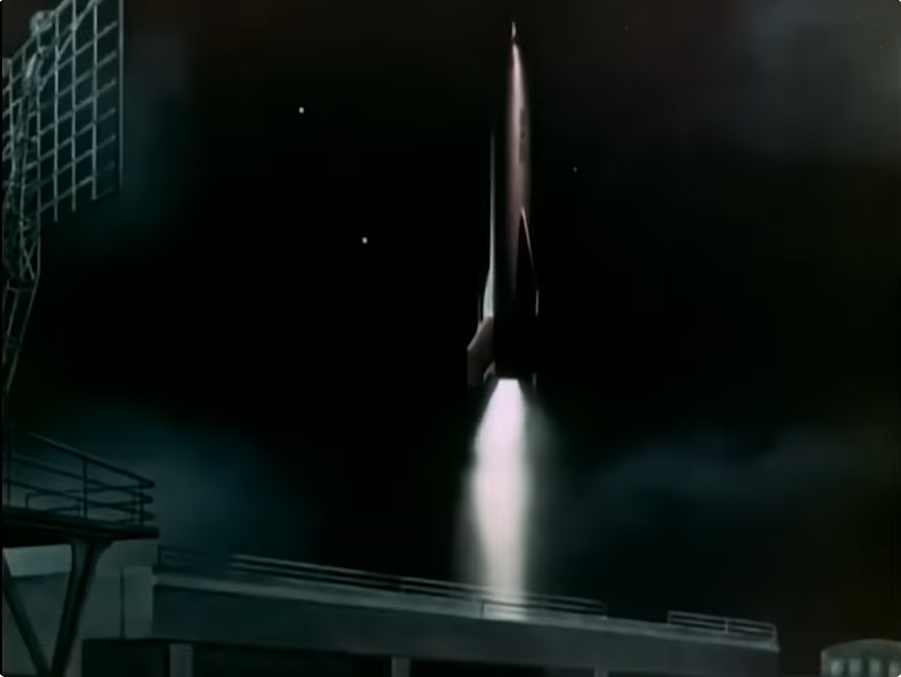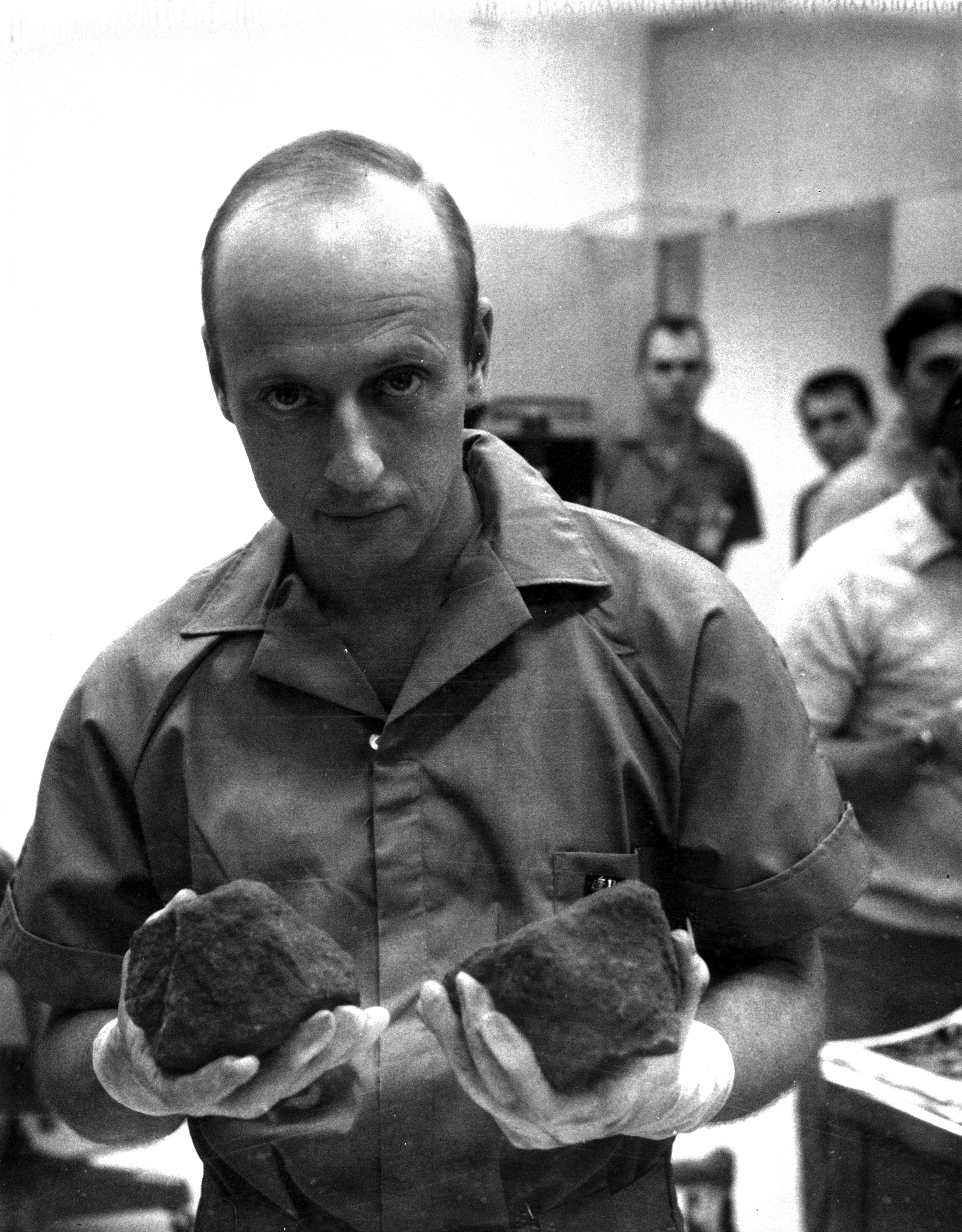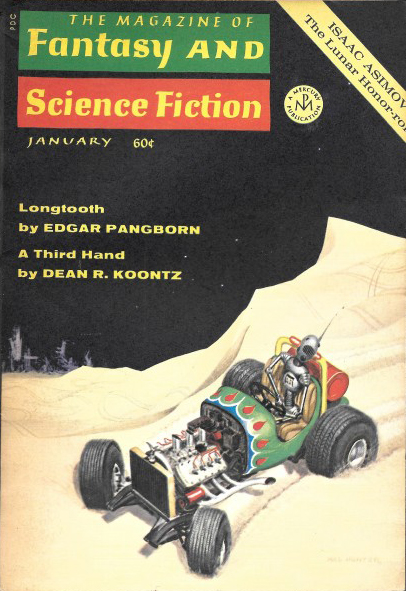[New to the Journey? Read this for a brief introduction!]

by Gideon Marcus
Being #2… stinks
On the scene at the launch of Apollo 12, President Nixon assured the NASA technicians that America was #1 in space, and that it wasn't just jingoism—it was true!
Well, even a stopped clock, etc. In fact, all accounts suggest the Soviet space program had some serious setbacks last year, the results of which will be felt through at least to 1971. Schedules got shifted as large rockets were earmarked for purely military service in response to the escalating (now calmed) Sino-Soviet crisis. But the biggest issue was reported in Aviation Weekly last month: apparently, the Soviets lost a Saturn-class booster on the launch pad before liftoff last summer. I hadn't even heard that such a thing was in development! The rocket's loss has set back the USSR's manned space program by at least a year, resulting in tepid non-achievements like their recent triple Soyuz mission rather than the construction of a space station or a trip to the Moon.

This is actually the rocket from the Soviet film The Sky Calls (American title: Battle Beyond the Sun)
It didn't help that the Soyuz pads were occupied during the summer as the Soviets tried to match our lunar efforts. It may well be that their Saturn was rushed to service too soon, and similar gun-jumping may have caused the loss of the Luna 15 sample-return mission.
Speaking of which, in September, the Soviets launched Kosmos 300 and 305. Both of them were heavy satellites that went into the orbit usually used for lunar Zond missions. And then they reentered shortly thereafter…in pieces. It's not certain if these were to be circumlunar flights or retries of Luna 15. Either way, they didn't work out, either.
Meanwhile, the Apollo mission moves blithely along. Apollo 13 will go to the Moon next March to Fra Mauro, a landing site photographically scouted out by the Apollo 12 folks. This chapter of the Space Race is well and truly over, won by the forces of democracy championed by such luminaries as Spiro Agnew.
That's a good rock
Speaking of Apollo 12, you may recall earlier this month I talked about analysis of the Moon rocks brought back by Apollo 11. A similar report has come out about the rocks brought back by Conrad and Bean. Dr. Oliver A. Schaeffer of New York State Univ. at Stony Brook says they are only 2.2 to 2.5 billion years old—1-2 billion years younger than the Armstrong and Aldrin's samples. This means some kind of surface activity was ongoing on the comparatively quiet Moon—meteorite strikes and/or vulcanism, we don't know yet.

NASA astronaut Charles "Pete" Conrad, commander of the Apollo 12 mission, holds two moon rocks he and Alan Bean brought back to Earth. Taken last month at Manned Spacecraft Center's Lunar Receiving Laboratory.
Also, Dr. S. Ross Taylor of Australian National Univ. says the Apollo 12 samples contain about half the titanium as the Apollo 11 rocks and also more nickel, though otherwise, their chemistry is similar. Thus, the Moon is far from homogeneous, and we have just scratched the surface (so to speak) of the mystery that is the Moon. As we get more samples from more sites, a better picture will come together, but it will undoubtedly take time; imagine trying to contemplate all of Earth's geologic diversity from just two short digs?
Holiday Feast
It may have been rocky going on the Moon (yuk yuk) but it's fair sailing with this month's issue of The Magazine of Fantasy and Science Fiction!

Cover by Mel Hunter

![[December 20, 1969] Stars above, stars at hand (January 1970 <i>Fantasy and Science Fiction</i>)](https://galacticjourney.org/wp-content/uploads/2024/12/691220fsfcover-406x372.jpg)